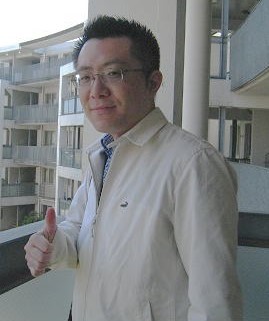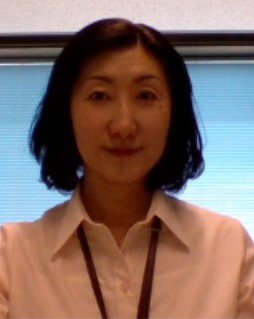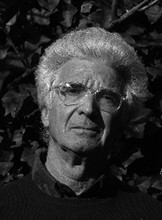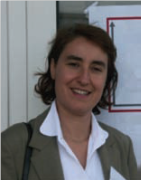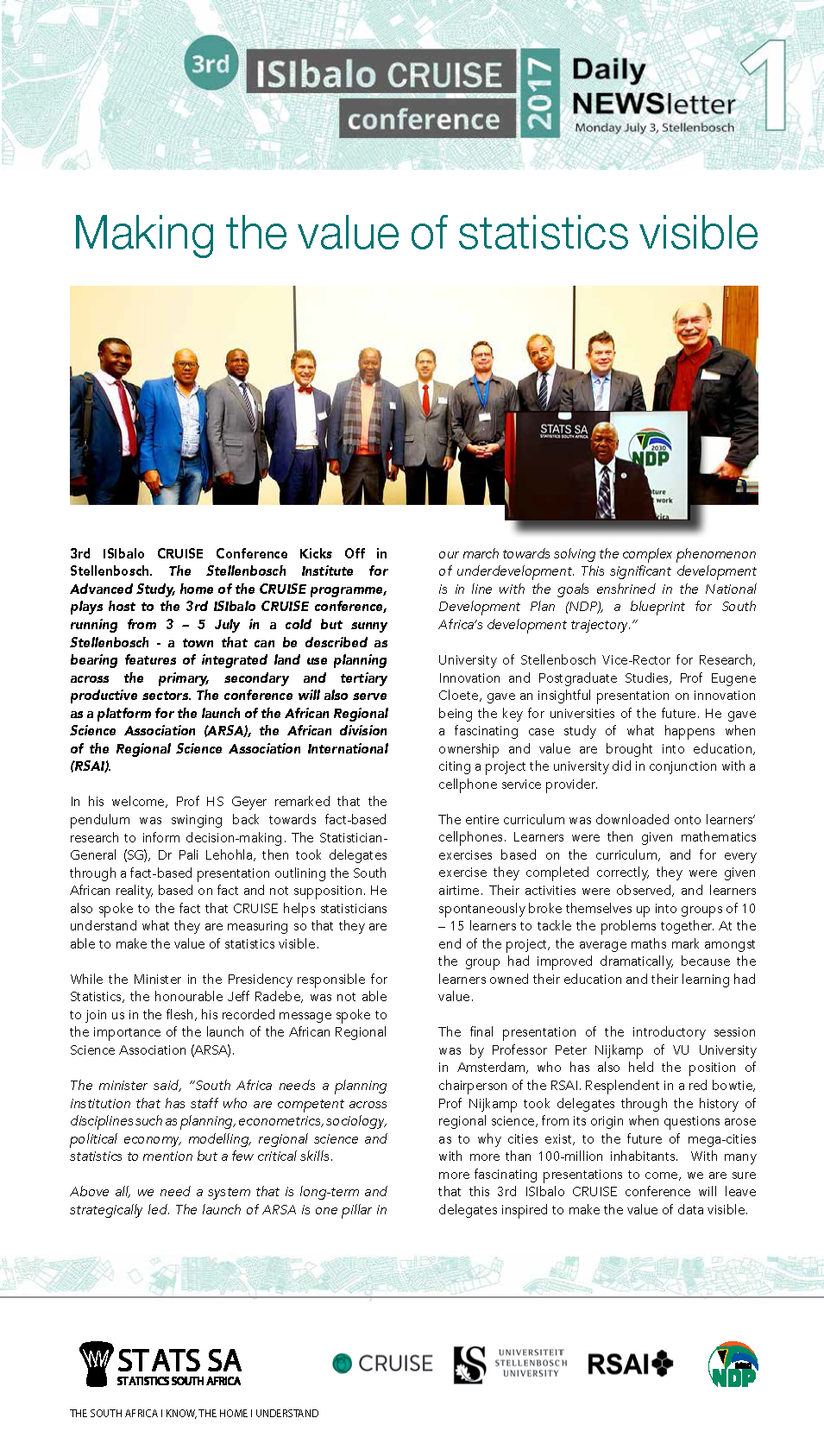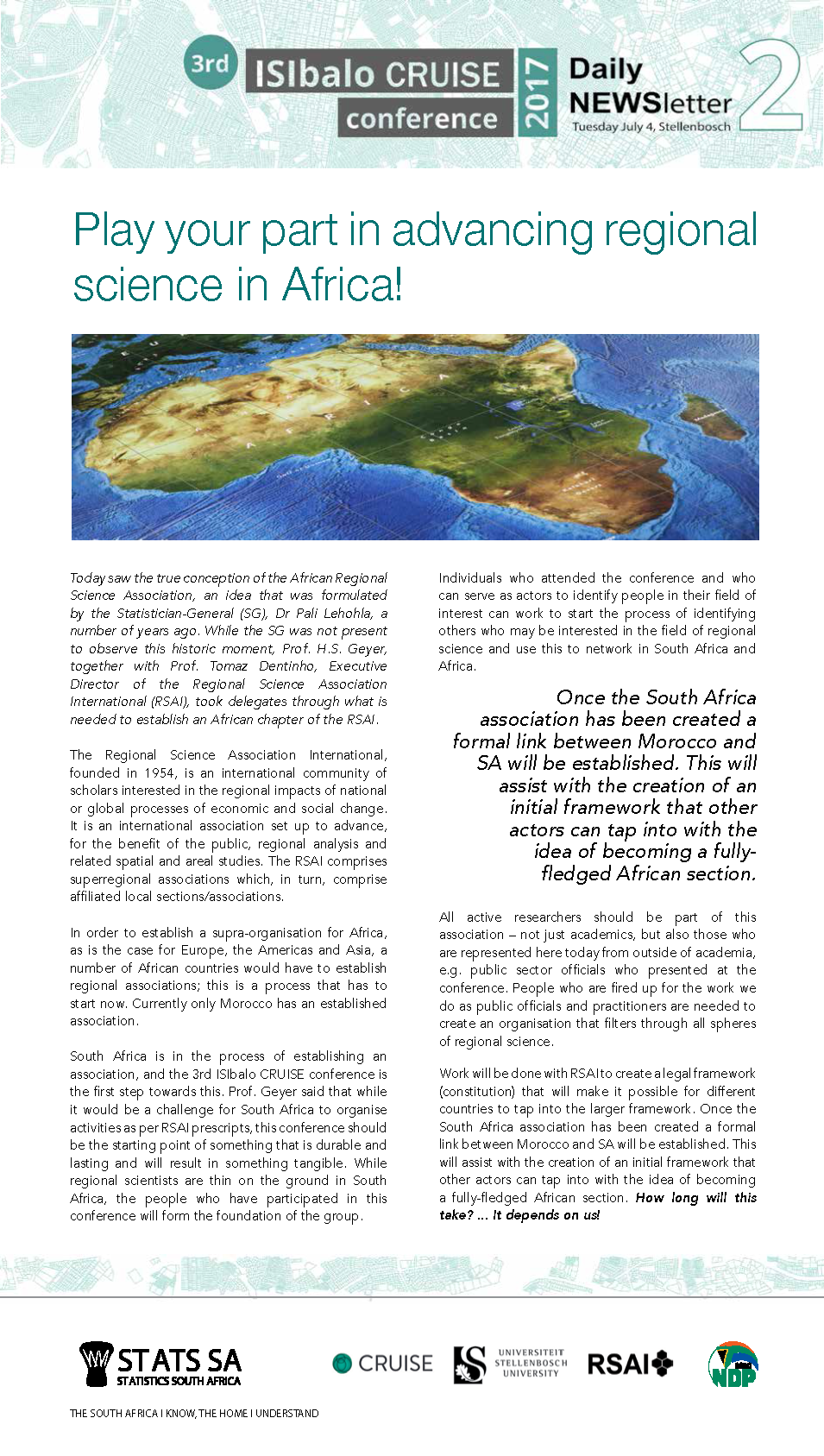Books
Elisabete Martins
7TH ANNUAL CONFERENCE OF THE ARGENTINE REGIONAL SCIENCE ASSOCIATION, Villa María, Córdoba, 23 y 24 de Agosto de 2017
OVERVIEW
The National University of Villa María, Córdoba and the Argentine Regional Science Association (SAER) invites you to participate in the 7th Annual Meeting to be held on 23 and 24 August 2017 in Villa María, Córdoba.
The 7th annual conference will cover a wide range of topics on Regional Economics and Local Productive Development, including:
- The debate about the future of the local productive profile
- Financing of development programs
- Local development entrepreneurs and best practices
- Macroeconomics and local and regional development
- Bioeconomy and regional impact
Previous Seminars have attracted speakers from different countries. We welcome scholars, researchers, students as well as corporation and government executives. We will also host special panels on regional topics. You can either present your research work or just attend. There will be a session of work and/or thesis in progress.
SUBMISSION PROCEDURE
Submissions (extended abstracts up to 1,000 words or full papers) should include title,
keywords, JEL classification, author(s)’ full name(s), affiliation, address, email and phone of
the (responsible) author. Submissions (in pdf file format only) must be made by email only to
This email address is being protected from spambots. You need JavaScript enabled to view it.
DEADLINES
- Submission of papers or extended abstracts: July 20th, 2017
- Notification of acceptance: July 30th, 2017
- Submission of final papers/work in progress: August 12th , 2017
The organizers will invite participating authors to be discussants of a paper
Winners RSPP Annual Paper Award For the Best Paper in Regional Science Policy and Practice
RSPP Annual Paper Award
For the Best Paper in Regional Science Policy and Practice
Winners 2017
|
|
|
Akihiro Otsuka and Mika Goto (2015) - Estimation and determinants of energy efficiency in Japanese regional economies. Regional Science Policy & Practice 7 (2), 89-101 “The paper contains a full empirical attempt to model and a significant regional issue of policy and practice concern: the spatial patterns of energy efficiency across the prefectures of Japan. Useful findings of the study are clearly spelled out for policy-makers. The paper is itself a model of how regional science methods can be harnessed for making contributions to policy and practice. As such, is a most meritorious demonstration of the underlying concept for our relatively new journal and thus highly deserving of receiving the award. Identification and estimation of variables that are understood and can be used by policy-makers.” |
AND
|
|
|
Roberto Camagni and Roberta Capello (2015) - Rationale and design of EU cohesion policies in a period of crisis. Regional Science Policy & Practice 7 (1), 25-4 “A great literature review and an important (continuing) EU issue. A reflective and policy-prescriptive paper focused on EU regional policies in the context of a period of economic downturn. Broad-ranging, the paper marshals a variety of data to buttress its argument. A nicely done contribution. A prospective paper with great impact well rooted theoretically and with sound methods.” |
Nominations for Councilor-at-large
Dear members of RSAI,
Taking into account that nominations for Councilor to be elected at-large shall be made by the Council after solicitation of suggestions from the members of the Association we inform that the proposals for councilor-at-large can be send to This email address is being protected from spambots. You need JavaScript enabled to view it. before the 20th of August 2017. Suggestions shall include a CV and a photo.
The election of four councilor-at-large for the period 2018-2020 will be done electronically by RSAI members along September 2017.
Best regards,
Tomaz Ponce Dentinho
Executive Director
Call for Special Session Proposals | 12th Regional Science World Congress, May 29 - June 01, 2018, Goa, India
![]()
Call for Special Session Proposals
Special Session Proposal Format
Proposals for special sessions should include:
- The special session title
- The name(s) of the organizer(s), with affiliation(s) and email(s) (identifying the chair)
- The aim and scope of the special session (500 words)
Deadline
Special session proposals should be sent by August 30, 2017 to the secretariat of the Congress at This email address is being protected from spambots. You need JavaScript enabled to view it..
Abstracts Submission Process
Authors submit abstracts for special sessions through session Organizers.
The organizers of the special session should ask for:
- title;
- authors(s);
- affiliations and emails (indicate the presenter and corresponding author);
- three keywords;
- abstract (400-500 words).
Abstract submission deadline: November 30, 2017
Notification of acceptance of abstract: January 12, 2018
After the abstract submission deadline the organizer(s) should send all the submissions to secretariat of the Congress at This email address is being protected from spambots. You need JavaScript enabled to view it..
The secretariat will insert the data in the CONFERENCE MANAGEMENT SYSTEM and give full access to the organizer for the management of the abstracts.
Call for Abstracts
The Regional Science Association International (RSAI) and the Regional Science Association of India invite regional scientists, economists, economic geographers, urban planners, policy makers, and researchers of related disciplines to participate in the 12th World Congress of the Regional Science Association International, with the main theme "Spatial Systems: Social Integration, Regional Development and Sustainability". The Congress will be hosted by the Regional Science Association of India.
We invite formal paper presentations (deadline of November 30, 2017). Organizers of special session are also welcome. The abstract submission portal is now open. Full information on the venue, abstract submission, registration, schedule of events, accommodation and travel information is posted at http://regionalscience.org/2018worldcongress
About the Focal Theme
Across the world, communities are striving to achieve an ecologically and socially secure future. The intricately linked ideas of sustainability and integration are the key to achieving our development goals. As regional scientists, our common pursuit of a sustainable future may be attained with more efficient understanding of the ‘region’ as a spatial unit. Keeping this objective in mind, the theme of the 2018 Congress highlights the importance of analyzing spatial systems as not just physical space or social space, but shared space. The sub-themes will be aimed at providing a platform for debates and discussions around the key issues of contemporary regional science and carve out the way to future research agenda.
Sub themes
|
|
We look forward to welcoming you in the dazzling city of Goal in May 2018.
With warmest regards,
The Organizing Committee
Appel pour les propositions de résumés et des sessions spéciales | Second Congrès international de l’AMSR, Rabat, Maroc, du 11 au 12 Octobre 2017
Appel pour les propositions de résumés et des sessions spéciales

Nous avons le plaisir de vous annoncer l’organisation du second congrès internationaldeL’Association Marocaine des Sciences Régionales (AMSR) qui se tiendra à Rabat, Maroc, du 11 au 12 Octobre 2017. Ce congrès est organisé en partenariat avec l’Institut National d’Aménagement et d’Urbanisme (INAU), l’Association Internationale des Sciences Régionales (RSAI), l’Association Européenne des Sciences Régionales (ERSA) et l’Académie des Sciences Régionales (RSA).
Thème de la conférence : L’Ambition de la Durabilité à l’Aune de la Complexité des Territoires et de la Société des Risques.
Le Congrès se déroulera en sessions plénières, conférences, tables rondes et sessions parallèles. Les sessions parallèles concerneront: i) les résumés soumis aux sessions ordinaires (SO) et les résumés soumis aux sessions spéciales (SS). Les sessions peuvent se dérouler en anglais ou en français.
Les sessions thématiques sont:
A - Mondialisation et intelligence territoriale
- Mondialisation et intelligence territoriale
- Mondialisation des marchés, des cultures, des modes de vie et des sociétés.
- Mondialisation de la communication et révolution des NTIC.
- Impact de la technologie numérique dans l'espace.
- Acteurs territoriaux et défis de la société de l’information
B - Résilience et gestion du risque
- La durabilité face à l’instantanée (gestion des risques) et à l’incertain (aléa) contemporains.
- Durabilité et indicateurs du développement durable.
- Risques et la modification des qualités intrinsèques des territoires.
- Atténuation et adaptation aux changements climatiques.
- Risques naturels et climatiques.
C - Politique et gouvernance territoriale
- Développement durable et action publique territoriale.
- Politique et gouvernance du développement régional.
- Evolutions du territoire et notion de métropolisation.
- Revitalisation des territoires abandonnés.
- Pauvreté, genre, migration et vitalité territoriale.
D - Economie verte et complexité des socio-écosystèmes
- Empreinte écologique.
- Croissance verte.
- Biodiversité, écosystèmes et services écosystémiques.
- Agriculture, pêche et sécurité alimentaire.
- Nexus: eau, agriculture et énergie.
Date limite pour les soumissions de résumés: 13 Aout 2017. Les résumés doivent être soumis par voie électronique, en utilisant la plate-forme disponible sur le site de la conférence:
http://events.digitalpapers.org/amsr2017
Date limite pour les propositions de sessions spéciales: 30 juillet 2017. Les propositions doivent être envoyées au secrétariat du Congrès (This email address is being protected from spambots. You need JavaScript enabled to view it.)
Plus d’informations sur le site du congrès: http://2017congresamsr.weebly.com/
Dans l’attente de vous rencontrer à Rabat!
Abdellatif Khattabi
Chair of the Local Organizing Committee
Email: This email address is being protected from spambots. You need JavaScript enabled to view it.; Tel: +212 6 07 07 07 54
NEREUS lança Programa de Extensão “Nereides”
NEREUS lança Programa de Extensão “Nereides”
Fonte: Site Nereus (https://www.usp.br/nereus)
O Núcleo de Economia Regional e Urbana da USP (NEREUS) lança, na próxima semana, um programa de extensão com o objetivo de qualificar recursos humanos na área de Economia Regional e Urbana. Trata-se de uma das iniciativas para celebrar os 15 anos do grupo de pesquisas vinculado ao Departamento de Economia da USP. Inspirado nos Programas de Mestrado Interinstitucional (Minter) e Doutorado Interinstitucional (Dinter) da CAPES, o foco do Programa Nereides será no treinamento de pesquisadores vinculados a instituições de ensino e pesquisa, localizadas em regiões, no território brasileiro ou no exterior, afastadas de centros consolidados em ensino e pesquisa.
No entanto, a escala do Programa Nereides será bem mais modesta e as atividades serão focadas na realização de minicursos nas instituições participantes. Contando com o trabalho voluntário de professores e pesquisadores do NEREUS, os principais objetivos do programa são (i) treinar pesquisadores na utilização de métodos quantitativos de análise regional e inter-regional, e (ii) promover a colaboração entre pesquisadores envolvidos nas atividades da pós-graduação do IPE-USP e das instituições receptoras.
De acordo com o professor Eduardo Haddad, idealizador desta iniciativa, os minicursos serão desenhados de acordo com as necessidades dos pesquisadores. O formato é bastante flexível, mas o padrão são eventos de dois ou três dias, com apresentação de métodos específicos e sua aplicação com informações para a região onde o curso ocorrer. A utilização de dados para a realidade local permitirá que os participantes se apropriem mais efetivamente das ferramentas disponibilizadas. Inicialmente, planejamos a realização de duas versões anuais do minicurso, uma em cada semestre, sempre em instituições diferentes. Dentro do espírito da solidariedade interinstitucional, base do Nereides, os custos envolvidos são apenas os custos de mobilidade dos ministrantes dos cursos, arcados pelos parceiros locais.
Outro aspecto importante será a participação efetiva dos alunos do NEREUS nos treinamentos. Os minicursos serão ministrados por professores vinculados ao Departamento de Economia da USP, sempre com a participação de um aluno de pós-graduação que auxiliará os participantes durante as sessões aplicadas. Esta parceria permitirá ao pós-graduando aprimorar sua formação para atividade didática e conhecer novas realidades institucionais.
O primeiro minicurso ocorrerá em Teresina entre os dias 18 e 20 de julho de 2017 e será promovido pelo Conselho Regional de Economia e pelo Departamento de Ciências Econômicas da Universidade Federal do Piauí (UFPI) em parceria com a FEA-USP. O “Curso de Métodos de Análise Regional e Inter-regional” será ministrado pelo professor Eduardo Haddad e pelo doutorando Vinícius de Almeida Vale. Com ênfase em análise exploratória de dados espaciais e em modelos inter-regionais de insumo-produto, os participantes terão acesso a um banco de dados com o foco no Piauí, incluindo uma matriz inter-regional de insumo-produto para o Estado, desenvolvida especialmente para esta versão do curso.
De acordo com Prancacio Carvalho, professor do Departamento de Economia da UFPI e responsável direto pela parceria, esta iniciativa procura expandir as relações interinstitucionais e capacidades em Economia Regional para o corpo docente do DECON, técnicos do Conselho Regional de Economia – Piauí, outros professores da UFPI e alunos do curso de Economia. Além disso, fundamenta o apoio do IPE-USP ao desenvolvimento do Mestrado em Economia na UFPI.
Mais informações sobre o minicurso podem ser encontradas aqui.
CL 2 Special Issue "Modal Shift, Emission Reductions and Behavioral Change: Transport Policies and Innovations to Tackle Climate Change"
Dear NECTARist,
I am pleased to let you know that Cluster 2 is organizing a Special Issue, hosted by RETREC (Research in Transportation Economics), as an output of the Madrid NECTAR conference.
The title of the Special Issue is "Modal Shift, Emission Reductions and Behavioral Change: Transport Policies and Innovations to Tackle Climate Change" and we are about to start disseminating it among participants from the NECTAR conference. Guest Editors: Edoardo Marcucci, Wafa Elias, Valerio Gatta and Michela Le Pira. The call for papers is available at the following link:
Best regards,
Edoardo Marcucci, on behalf of the other Cluster 2 co-chairs
Call for applications: Peter Nijkamp award for a midcareer researcher from a Developing Country
Call for applications
The Peter Nijkamp Research Encouragement Award
The award recognizes the outstanding potential of a mid-career researcher from a nation in the developing world in which there is a section of RSAI. Conditions for applications are:
- No more than 10 years from the doctoral qualification (by Dec 31, 2017);
- Live in developing nations continuously for at least three years as at Dec 31, 2017;
- Be a member of RSAI;
- Submit a written formal research paper on a topic in Regional Science;
- Submit an updated version of CV
Nominees will be judged in part on the evaluation of the paper and in part on an evaluation of the research track record and performance (CV).
The winner(s) will receive support, up to 750 Euro, to participate in a Supra-Regional meeting or in the World Congress, at which the paper will be presented.
The jury will comprise the Immediate Past-President of RSAI as Chair, an Editor of Papers in Regional Science, and two Fellows of RSAI.
Deadline: November 30, 2017
(An eligible mid-career researcher from an eligible developing nation may submit a paper and their CV to the This email address is being protected from spambots. You need JavaScript enabled to view it. for consideration for the Award at any time up to the end of November of that year)
3rd ISIbalo CRUISE Conference Kicks Off in Stellenbosch | NEWSLETTERS
Winner Martin Beckmann Annual Award for the best paper published in Papers in Regional Science in 2016
RSAI has the great pleasure to announce that the jury consisting of Janice Madden, Carlos Azzoni and Erik Verhoef chose the article "Borrowing size in networks of cities: City size, network connectivity and metropolitan functions in Europe" by Evert J. Meijers, Martijn J. Burger and Marloes M. Hoogerbrugge, published in Volume 95, Issue 1, Marh 2016, Pages: 181-198 as the winner of the Martin Beckmann Prize as the best paper published in Papers in Regional Science in 2016.
Motivation:
Through an elegant scientific approach, the paper interprets the contrast that exists between the current dynamics in the Western European urban system and the bourgeoning literature stressing the importance of agglomeration for economic growth.
The papers argues that rise of ‘city network economies’ leads to processes of borrowed size as well as the rise of agglomeration shadows in networks of cities, and finds that network connectivity positively enhances the presence of metropolitan functions, even if local size remains the most significant determinant for most types of functions.
Based on the originality of the interest in the topic, and the important results achieved, the jury concluded that the paper was the best published one in 2016.
Many congratulations to Evert J. Meijers, Martijn J. Burger and Marloes M. Hoogerbrugge!
About Us
The Regional Science Association International (RSAI), founded in 1954, is an international community of scholars interested in the regional impacts of national or global processes of economic and social change.

